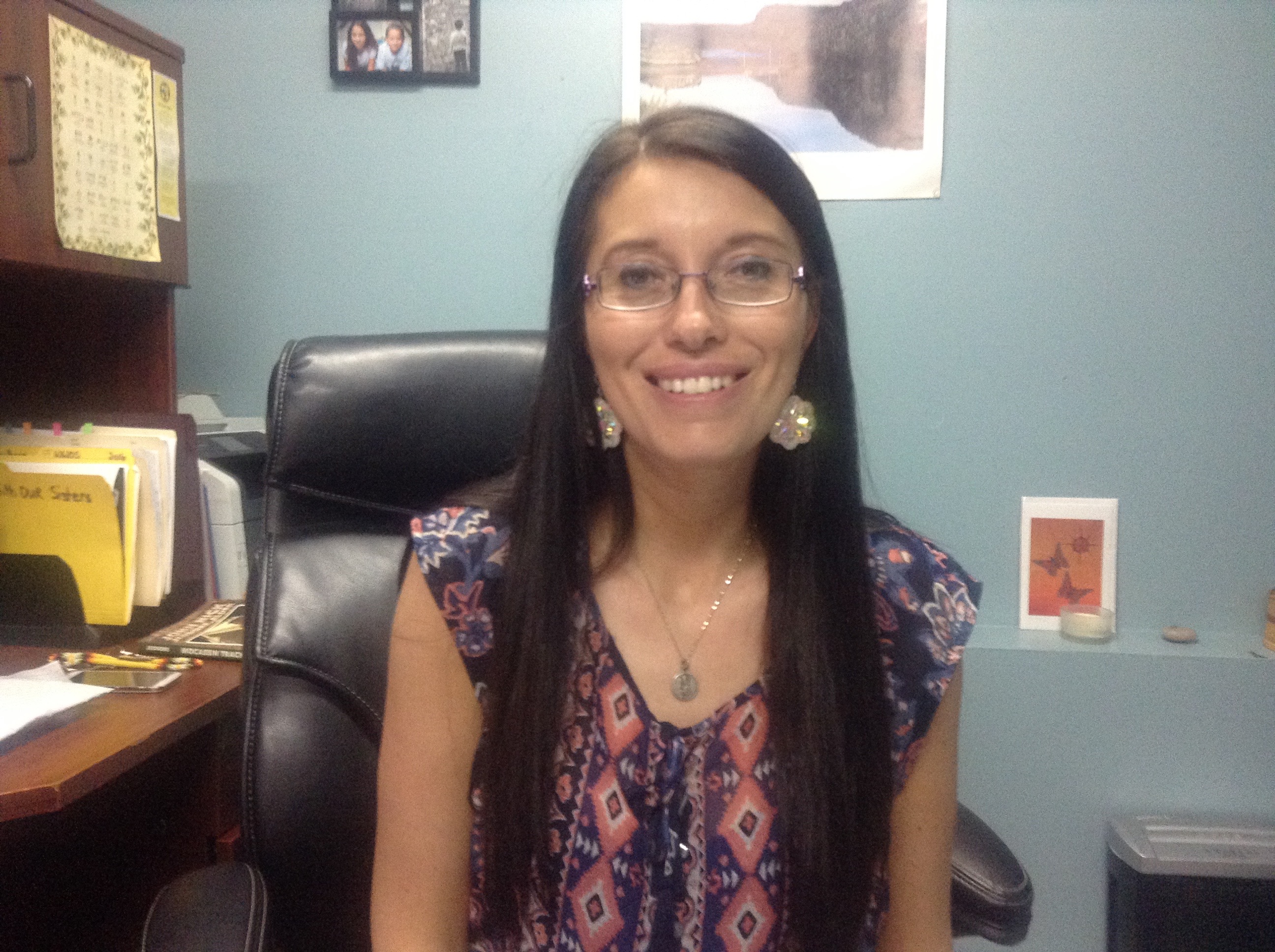
Last week, government released the inquiry into the Missing and Murdered Indigenous Women (MMIW). It focuses on the number of MMIW, perpetrator characteristics, outstanding cases and victim circumstances. However, Denise One Breath Mitchell doesn’t believe the missing persons database is reliable in the first place.
Mitchell is the Victim Support Navigator at the Mi’kmaq Native Friendship Centre and has worked with several families of victims, including the family of Tanya Brooks, an aboriginal woman who was murdered in 2009. She believes there are more missing women than the 1,181 reported by the RCMP and says the attitude of police when missing aboriginal persons are reported is a factor.
“They [police] have an attitude or an opinion, especially if they’re working the sex

trade, or they say ‘they’ll come back’,” said Mitchell. “We need to look at how the police investigate these cases and if the police took them seriously.”
Dawn Lavell-Harvard, President of the Native Women’s Association of Canada (NWAC), has also worked with families of victims. She says another problem is there are inconsistencies on whom to report a missing person to.
“The police forces will turn them [families] back and say ‘no, you go to your own police force and report it to them’ or our local police force would say ‘well she got missing in Toronto, you need to report it to Toronto’,” said Lavell-Harvard. “There is no standard of practice, there’s no protocol.”
The missing persons database is a national public website called Canadasmissing.ca. It contains information about missing aboriginal and non-aboriginal individuals as well as unidentified remains. According to the site, cases only appear on the website when the investigator or medical examiner of that case concludes that a profile of the missing person will assist the investigation.
The cases are broken up by province, age, sex and probable cause with categories marking the circumstances of a disappearance; like ‘abduction by stranger’, ‘wandered off’, ‘runaway’ or ‘presumed dead’, to name a few. However, over 300 were not included in the 2015 report as there was ‘no probable cause entered’.
When asked for clarification, the National Centre for Missing Persons and Unidentified Remains (NCMPUR) responded via email:
“As for the ones with no, or an invalid, probable cause, they cannot be counted in the existing categories, therefore they were not included… Only the original investigating police service for each of the specific incidents may have that information, and even that is unlikely this long after the fact. It may be that they would fit into one of the categories; we simply don’t have the information.”
Lavell-Harvard is working with the RCMP to improve how reports are taken and investigations are conducted. She’s satisfied with the RCMP’s new policy of taking immediate action when a person is reported missing but says other police forces need to follow suit.
“There’s over 300 other police forces out there across the country so even though the RCMP has this protocol, that doesn’t necessarily translate into effective action, we need that protocol with all the police forces,” said Lavell-Harvard.
According to the Missing Persons Act, any information received by police is considered confidential and cannot be released, even to a spouse or family member, unless the information may assist in the investigation.
Mitchell says keeping families in the dark does more harm than good.
“The family is left carrying these unanswered questions about what happened to their loved one,” she said. “Keeping that rapport and communication open is letting families know that something is being done, that their loved ones matter to them, and that they’re taking this seriously.”
https://youtu.be/z6PVQYrWjFY?t=3m5s
Lavell-Harvard calls for police forces to come together and do their part in the MMIW cases.
“We need to stop allowing indigenous women and children to slip through the crack because of jurisdictional boundaries,” she said. “People need to start putting the whole politics and jurisdiction aside, and recognise that these are human beings.”

